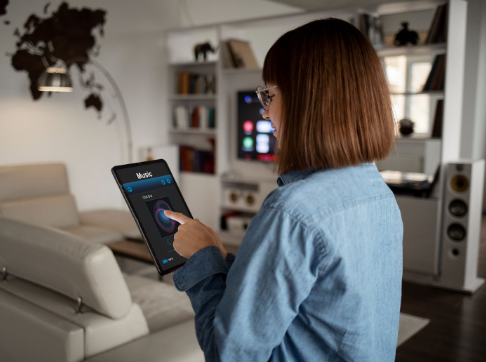


Solving hard things: How Medifé built stable telehealth services in the midst of a global crisis

Data-driven technological solutions are being highlighted to address growing water scarcity. The use of IoT devices enables intelligent management of water resources at the household, government and agricultural levels. This approach has led to increasing investment in the smart water management market, estimated at $53.6 billion by 2031, with applications ranging from leak detection and prevention to irrigation system automation and problem forecasting. The combination of sensors, data analysis and IoT technologies offers an innovative and essential solution to meet the challenge of water scarcity in the future.

Voice recognition technologies are advancing in IoT devices, promising to transform the connected home. Since its inception in the 1950s, speech recognition has evolved, reaching remarkable accuracy in 2018 and accelerating due to the pandemic. There are expected to be 8 billion digital voice assistants in use by 2023, driving a market of $31.82 billion by 2025. These systems enable smart home automation beyond device management, incorporating emotion-based interaction and context, and opening possibilities for new uses.

Speech recognition has advanced from interpreting only numbers to being used in various industries and devices. A voice assistant market of $31.82 billion is expected by 2025. Voice-controlled devices in the smart home and the integration of artificial intelligence are revolutionizing the automation and personalization of experiences.

Customer relationship management goes beyond technology platforms to include strategy, data analysis, and business objectives. CRMs (Customer Relationship Management) allow the comprehensive management of sales, marketing and customer service, taking advantage of the massification of technology and the personalization of relationships. The use of CRM has grown considerably, with more than 62% of Spanish companies using a CRM to analyze information and commercial purposes.

The creation of an online store is important due to the growth of electronic commerce and the change in the mindset of consumers towards sustainability and local commerce. The benefits of having an online store include the opportunity to sell 24 hours a day, cost reduction, attracting more customers, better service and satisfaction, and differentiation from the competition. Zentricx offers technology solutions to help organizations in their transition to digital commerce.
Subscribe to our periodic summary of Technology News.

©2023 Zentricx – All Rights Managed.